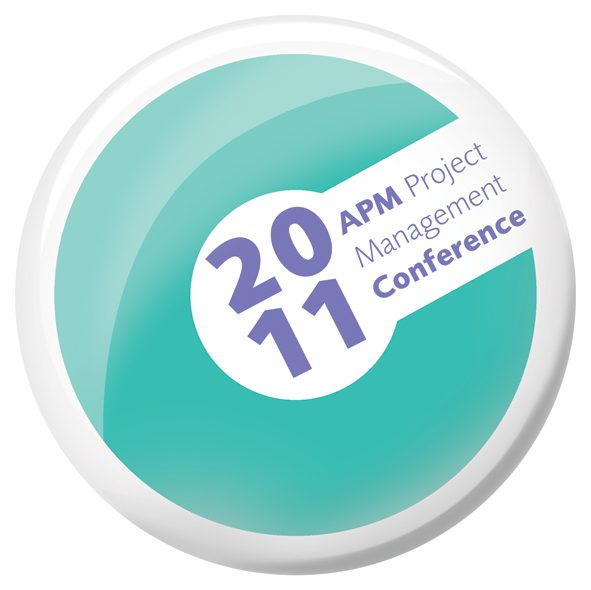Any project manager will be more than happy to tell you that all too often, managing a project can be an incredibly challenging and frustrating experience. There are the unexpected setbacks that can occur and of course the team members who are less cooperative than they might be. Then there are just the annoying pet peeves that occur again and again. These are just some of the factors that can mean that even the most well planned project becomes a challenge.
Whilst you may not learn much about project managers pet peeves during an APM PPQ qualification – or indeed any other professional project management certification – it can be a good idea to know about them. Perhaps more importantly, you’ll want to know how to over come them and that is what this article is all about.
Lack of communication
Probably the biggest pet peeve amongst project managers is a lack of communication. This might be from members of their team failing to let them know about updates to the project or from stakeholders who are not offering feedback. Either way, a lack of effective communication can really derail a project and quickly.
In order to avoid this issue and overcome it you need to make sure you have clear communication lines from the beginning of the project. Set the expectations that you have and make sure everyone knows and understands them. Invest in good project management tools that will help you to do this.
Scope creep
Another huge pet peeve for any project manager is of course, scope creep, which is the scope of the project expanding beyond anything that was originally agreed to. It can cause delays in the timescale of the project, result in budget overruns and increase stress within the project team.
This can be avoided if you set clear boundaries for the project from the very beginning. Define the scope of the project and get stakeholder buy-in. Ensure the consequences of scope creep are understood by everyone.
Team members who are unresponsive
There is nothing quite as frustrating as members of the team who are slow or unresponsive when it comes to the completion of tasks. This can cause delays to your entire project.
Establish clear expectations from the outset and define all of your deadlines, and make sure that team members are held accountable for meeting these. Using good project management software will also help.
Micromanagement
Nothing is quite as likely to cause those involved in project management to issue a collective Arggh than the mention of micromanagement. There is a fine line between being a hands-on project manager and micromanaging your team. The latter can cause reduced morale and stress within the team.
To avoid micromanaging your team you need to establish trust, and allow your team to take ownership of their tasks by delegating. Give clear guidance, help them develop the right skills but allow for freedom as well that will let your team members find their own approaches and solutions.
Lack of recognition
And finally there is nothing worse than the lack of recognition that is given for a job well done. Being a project manager can be a somewhat thankless task, but you should still acknowledge the hard work of your team.
Make time to recognise the contributions others have made to the project, celebrate the successes and the milestones and ensure that hard work is appreciated.



